Poland and the Rule of Law
After more than eight years, late last year, the Law and Justice Party headed by Jaroslaw Kaczynski came back to power in Poland, forming the government by itself.

Corina Cristea, 22.01.2016, 13:52
After more than eight years, late last year, the Law and Justice Party headed by Jaroslaw Kaczynski came back to power in Poland, forming the government by itself for the first time after 1989 and holding a comfortable position in Parliament. Soon after investiture, the new executive came up with a series of legislative changes, received with worry in Brussels. Among them, amendments to the law governing the functioning of the Polish Constitutional Court, changing 5 of the 15 members of the Court, and changing one particular provision so that decisions could be made only with the mandatory participation of 13 out of 15 members, not 9 as it was before.
Critics say that this removes an entire leverage and balance system, and the Government’s power of decision becomes too big. The State Radio and Television Law was amended too, the entire leadership sacked, and now the new heads of these public institutions can be appointed directly by the Government.
Following these developments, the European Commission made an unprecedented decision starting an investigation against an EU Member State concerning the principle of pre-eminence of law. The potentially serious conclusions of this investigation might lead to Poland’s right of vote being suspended. In an interview to Radio Romania, the political analyst Janos Bugajski, from the Washington Center for European Policy Analysis, made an attempt to explain the situation. According to him, one big issue is the fact that the current government might isolate the country within the EU.
There has been a similar situation during the previous Law and Justice Government, headed by Kaczynski, when they adopted a highly conservative, anti-EU discourse, and drifted away from Germany in particular, thus getting to the position in which they got to be regarded as the ones wiping away Poland’s democratic evolution, Bugajski said. Apparently, the current situation is quite similar to that one; the government is placing its own people in the most important positions and is trying to change the rules of the game, in order to make it easier to pass certain laws, change the Constitution and promote a more conservative agenda, which would, in turn, drive away people in Brussels, the analysts also stressed.
However, he said, estranging itself from Germany is a much bigger issue. Under the previous governments, Poland was much closer to Berlin, which helped it become a major player in the Union. Without this close relationship, Poland will turn into a minor player of the EU, Bugajski concluded.
The European Parliament president, Martin Schultz, has leveled criticism at the action taken by the new Polish authorities which, in his opinion, have treated their victory in the election as an empowerment mandate whereby they put the state’s welfare under the harness of the winning party. This is a dangerous Putinization of European politics, Schultz said in an interview to a German publication.
This issue with the rule of law in Poland has this week been subject for debate in the European Parliament. The community is a system sharing common values: the rule of law, democracy and fundamental rights, the Dutch Foreign Affairs Minister Bet Koenders emphasized on that occasion. We recall the Netherlands is currently holding the European Union presidency.
With details on that, here is Radio Romania Correspondent to Brussels, Cerasela Radulescu: “Attending the debate, Poland’s Prime Minister Beata Szydlo was adamant in stating that the rule of law was never infringed upon in her country and that the people cast their vote in favour of that party, which is now the ruling party, thanks to its democratic program the government must implement, abiding by the Constitution and the European treaties. The debate focusing on the Constitutional Tribunal is a political one, said the Prime Minister of Poland. It should be a judicial as well as an internal problem. The Polish Prime Minister has called on the European Union to respect the sovereignty of her country and highlighted that Poland will remain a member of the European Union. “
The European Commission wants an objective clarification of what happened in Poland, but also a dialogue to be initiated with the authorities in Warsaw. “Our mission is to solve the situation from a legal point of view, so that the rule of law may be observed”, said the First Vice-President of the European Commission, Frans Timmermans.
According to political analyst Claudiu Degeratu, Poland cannot be ignored, and serious sanctions cannot be placed against that country: ”I think the European Union does not actually want to advance with that procedure much further. It probably had to respond to a certain kind of pressure coming form Germany or from other countries. But I do not think all that will end up in diplomatic relations being severed, or in a very serious deterioration of those relations. I think the first reaction and the key contribution to such a decision came from Berlin.”
It is very clear, Claudiu Degeratu also said, that any deterioration of the EU’s relationship with Poland entails a worsening of the situation at the level of the European Union.






























